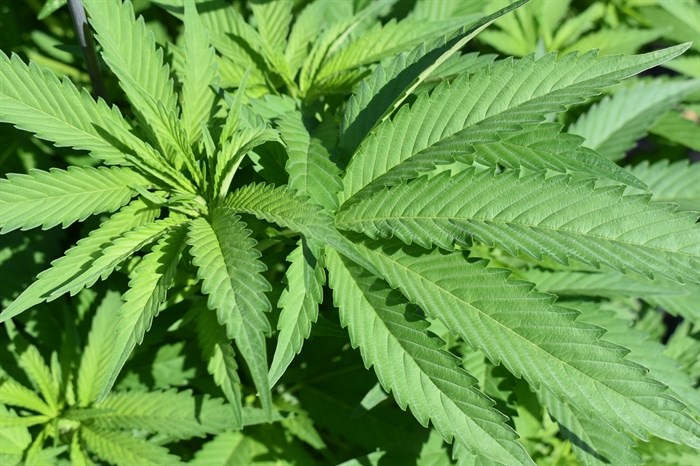More research needed before cannabis drinks become reality: UBCO professor
KELOWNA - Health Canada regulations on the production of cannabis beverages are coming in the fall, but on the chemistry side of things, there’s still a lot of work to do.
Dr. Susan Murch has a Ph.D. in Plant Agriculture and a Canada Research Chair in Natural Products Chemistry at UBC Okanagan in Kelowna.
Her cannabis research began prior to legalization, and it's even more relevant now. Over four years, in collaboration with the B.C. Institute of Technology's Dr. Paula Brown, Murch and their team studied the chemical components of 33 different strains from five different licensed producers in order to determine the degree of variation in THC and CBD between them.
“Of the 33 strains we looked at, about 24 of them were not largely different,” Murch said. “There was more variability within one plant then between the plants.”
Although the levels of THC and CBD were roughly the same between strains, consumers insisted that the user experience was vastly different between different types. This indicated to researchers that the differences in user experiences had to do with something other than CBD or THC, which lead them to study terpenes, the molecules which give the plants their odour, in addition to unknown molecules which had not been identified.
This research serves as a foundation for Murch’s current project, where she has partnered with Kelowna company Pacific Rim Brand in their pursuit to produce cannabis beverage products.
However, the process of making this a reality is much more complex than simply adding cannabis to a can of cola.
“In the past when people made a product with cannabis they made fairly small batches and they were used kind of right away,” explains Murch. "That’s really different if you want to make a commercial product in a large batch that will be distributed to every grocery store, every pharmacy, every store in Canada.”
Murch is not alone in this area of research, as many companies are itching to get into this new market. This market comes with hurdles, however, and much of its success is riding on the release of Health Canada’s cannabis beverage guidelines this fall.
These legislations will help researchers and distributors answer the many questions surrounding the cannabis beverage market.
“How long should the shelf life be, how long can it degrade and still be acceptable, and how do you end up with a product that tastes the same every time a consumer buys it?” asks Murch. “For cannabis products, we really don’t know how to do that. There hasn’t been that much development of how to get the right kinds of extracts of cannabis to be added to food and other types of products."
Although cannabis beverage products are available for purchase online and in the United States, Murch doesn’t recommend them.
“There are products out there, but there’s been a lot of product recall,” she says.
Not only is there lacking a general consensus on what an appropriate dose of CBD would be for a drink, but there are several different types of CBD that could be used, and that also needs to be specified and regulated.
For now, the race is on, as researchers look forward to the fall when a standardized set of regulations will enable the development and mass production of a cannabis beverage product.
To contact a reporter for this story, email Brie Welton or call (250) 801-9235 or email the editor. You can also submit photos, videos or news tips to the newsroom and be entered to win a monthly prize draw.
We welcome your comments and opinions on our stories but play nice. We won't censor or delete comments unless they contain off-topic statements or links, unnecessary vulgarity, false facts, spam or obviously fake profiles. If you have any concerns about what you see in comments, email the editor in the link above.




